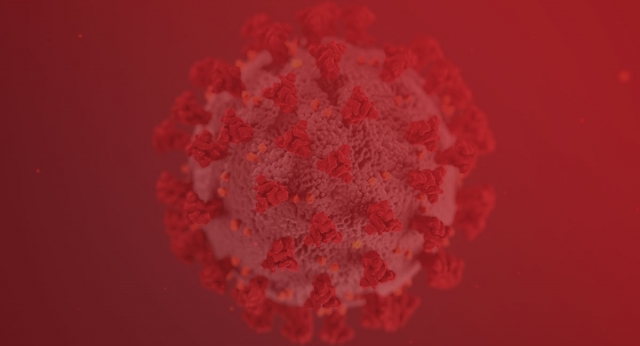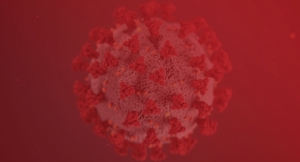COVID-19: Ten Reasons to Avoid Undue Panic
The world is struck by terror a bit more each day as the novel coronavirus continues to spread around the globe. In less than two months, it has spread over several continents. The ceaseless spread of information in news articles and social media make it arduous to separate fact from fiction; rumors and exaggerations can be dangerous.
It is right to be concerned about the novel virus; to take necessary precautions, maintain civil responsibility and remain informed.
But it is also right that we must not panic. Below are some causes for optimism.
We Know What It Is
The pace of scientific progress is astonishing. The virus appeared only four months ago, yet we already know its genetic features.
It took scientists years to get that far with HIV/AIDS.
We know that it is a new coronavirus of the group 2B, from the same family as SARS, which is why we have called it SARSCoV2. Genetic analyses have confirmed it has a recent natural origin (between the end of November and the beginning of December). Although viruses persist by mutating, its mutation rate is relatively low.
We Know How to Detect It
Since January 13, tests to detect the novel coronavirus have been available.
Getting Covid-19 Is No Death Sentence
The World Health Organization (WHO) has recently declared the worldwide outbreak of the new coronavirus a pandemic, which does not refer to the lethality of a virus but to its transmissibility and geographical extension.
About 81% of people who are infected with the coronavirus suffer only minor symptoms. Around 2.3% of people infected with COVID-19 die from the virus. Most fatalities are among persons with underlying health issues.
Situation is Improving in China
The effective control and isolation mechanisms enforced by China have proved successful. For several weeks now, the number of diagnosed cases lessens daily.
The World Health Organization said there are about 17 times as many new cases outside China as in it.
Pets Cannot Spread the New Coronavirus
A relief to pet owners: there is no tangible evidence that dogs or cats can be infected with the disease as of now, as there are significant barriers for the coronavirus to jump from humans to animals, and vice versa, says the World Health Organization (WHO).
Covid-19 (almost) Doesn’t Affect Minors
Children can definitely catch COVID-19, though official data suggest significantly fewer cases in children compared to adults. A Chinese study from Hubei province found that of more than 44,000 cases of coronavirus, about only 2.2% involved children under age 19.
Symptoms are so mild in children they can go unnoticed.
Most People get well
The overwhelming majority of information shown in the media concerns the increase in the number of confirmed cases and the number of deaths, yet the vast majority of infected people are cured.
There are 13 times more cured patients than deceased, and the proportion keeps increasing.
Coronavirus is Easily Inactivated
The virus can be quickly and effectively inactivated from the surfaces with a solution of ethanol, hydrogen peroxide or sodium hypochlorite.
Frequent handwashing with soap and water is the most effective way to avoid contagion.
We Already Have Prototypes of Vaccines
Our ability to design new vaccines is breathtaking. There are already more than eight ongoing projects against COVID-19.
We Have Shared and Open Cooperative Science
It is the age of international science cooperation. After just over the month following the emergence of the virus, 164 articles could be accesses on COVID-19, including preliminary works on vaccines, treatments, clinical aspects, epidemiology, diagnosis, to name a few.
In 2003, with the SARS epidemic, it took more than a year to reach less than half that number of articles.
By Elene Dzebisashvili












